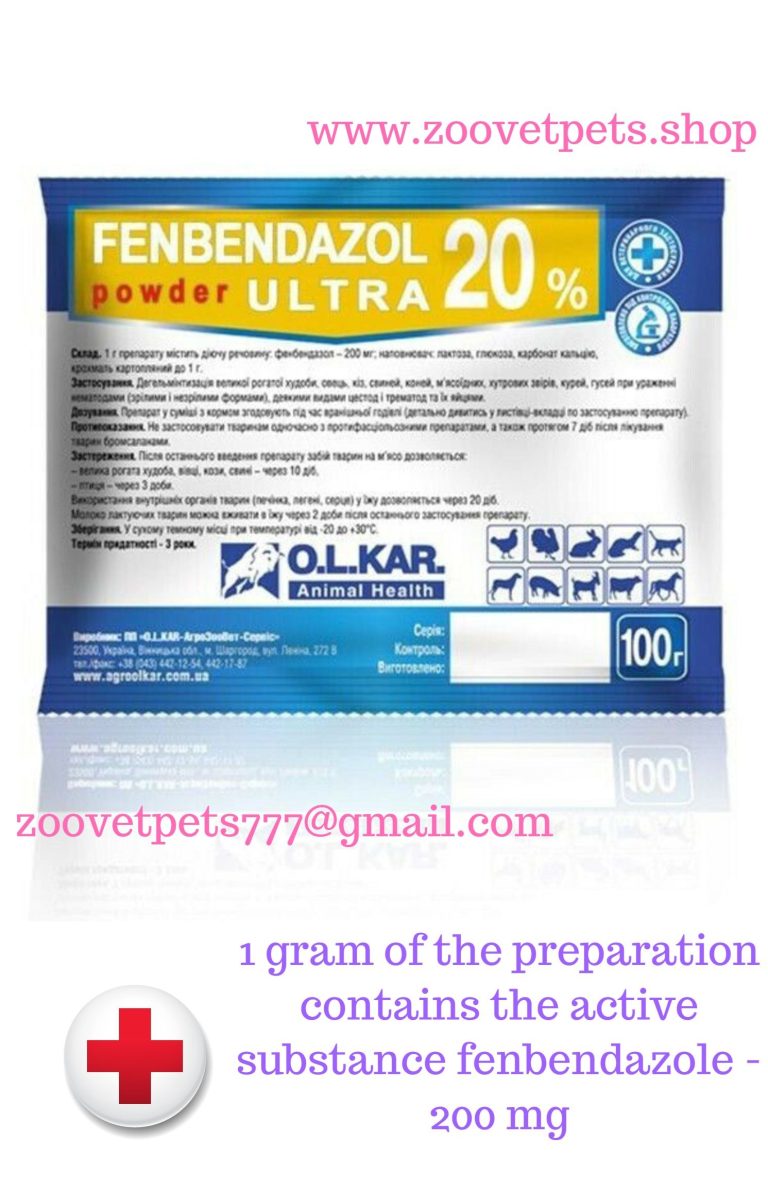
What is Fenbendazole?
Fenbendazole is a broad-spectrum anthelmintic, primarily used to treat parasitic infections in animals. It is commonly administered to livestock, pets, and other animals for the management of gastrointestinal parasites such as roundworms, hookworms, and tapeworms. Fenbendazole works by disrupting the metabolism of parasites, preventing them from absorbing nutrients, which ultimately leads to their death. The compound is part of the benzimidazole class of drugs, known for their effectiveness against various internal parasites.
Common Uses in Veterinary Medicine
Fenbendazole is widely utilized in veterinary medicine to treat a range of parasitic infections in animals. It is often prescribed for dogs, cats, and horses to combat infections caused by roundworms, whipworms, hookworms, and tapeworms. In addition to its use for internal parasites, fenbendazole has also shown efficacy in treating certain protozoan infections like Giardia. The drug can be administered orally in the form of tablets, suspensions, or granules, and the specific dosage varies based on the animal’s weight and condition.
Human Use and Potential Benefits
Though primarily used in animals, there has been growing interest in the potential benefits of fenbendazole for humans. Some studies have suggested that fenbendazole may have anticancer properties, though these findings are not conclusive and require further investigation. Researchers have observed that fenbendazole might interfere with the growth of cancer cells by disrupting their ability to metabolize glucose and inhibit certain cellular pathways involved in cell division. However, fenbendazole is not FDA-approved for human use, and individuals should not use it as an alternative treatment for cancer or other conditions without medical supervision.
Safety and Side Effects
Fenbendazole is generally considered safe when used according to veterinary guidelines, but like all medications, it can cause side effects in certain situations. Common side effects in animals may include mild gastrointestinal upset, such as vomiting or diarrhea, especially if the drug is given in large doses or without food. In rare cases, more severe reactions can occur. In humans, since fenbendazole is not approved for human use, safety data is limited. People considering the drug for any off-label use should consult a healthcare provider to understand the risks and avoid potential harm.
Fenbendazole in the Future: Research and Developments
The future of fenbendazole in both veterinary and human medicine looks promising, especially with ongoing research into its potential anticancer effects. As the scientific community continues to explore the various applications of this drug, it is important to focus on rigorous studies and clinical trials to better understand its safety profile and efficacy in treating a variety of diseases. Whether as a veterinary treatment for parasitic infections or as a potential adjunct to cancer therapies, fenbendazole’s role in medicine may expand significantly in the coming years.